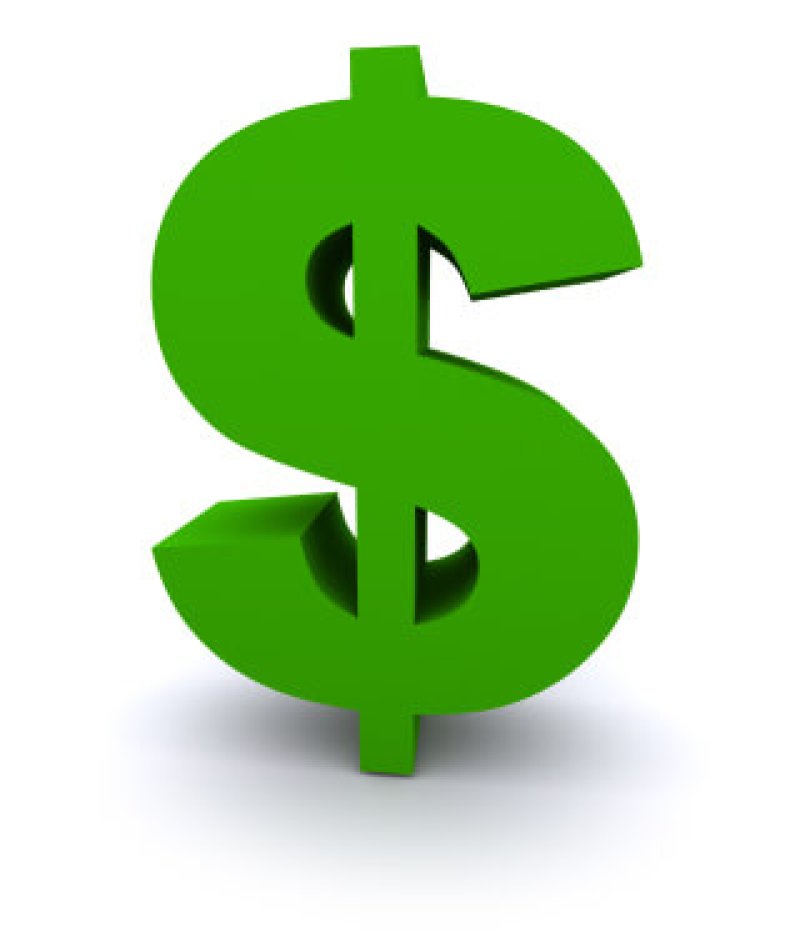 What makes someone want to start a business? That was what the young economist Philipp Koellinger was trying to figure out in 2008. His survey data showed that entrepreneurs thought differently from other people—that they believed in themselves more, feared failure less, and tended to see opportunities where others saw threats. Koellinger wanted to know why. “We were left with ‘explanations’ that begged further explanations,” he said in an e-mail. “What was at the bottom of this rabbit hole, we wondered?” Around the same time, a graduate student at MIT named David Cesarini was publishing the results of an intriguing study showing that identical twins more closely resembled each other in terms of confidence and attitudes towards risk than fraternal ones. In other words, these traits—closely tied to entrepreneurship—were partly heritable. When Koellinger read Cesarini’s work, he realized that it could be the answer he had been looking for. Somewhere down that rabbit hole, people’s financial behavior could be traced to their DNA.
What makes someone want to start a business? That was what the young economist Philipp Koellinger was trying to figure out in 2008. His survey data showed that entrepreneurs thought differently from other people—that they believed in themselves more, feared failure less, and tended to see opportunities where others saw threats. Koellinger wanted to know why. “We were left with ‘explanations’ that begged further explanations,” he said in an e-mail. “What was at the bottom of this rabbit hole, we wondered?” Around the same time, a graduate student at MIT named David Cesarini was publishing the results of an intriguing study showing that identical twins more closely resembled each other in terms of confidence and attitudes towards risk than fraternal ones. In other words, these traits—closely tied to entrepreneurship—were partly heritable. When Koellinger read Cesarini’s work, he realized that it could be the answer he had been looking for. Somewhere down that rabbit hole, people’s financial behavior could be traced to their DNA.
View the original article here: Risk and DNA: In search of the money gene































